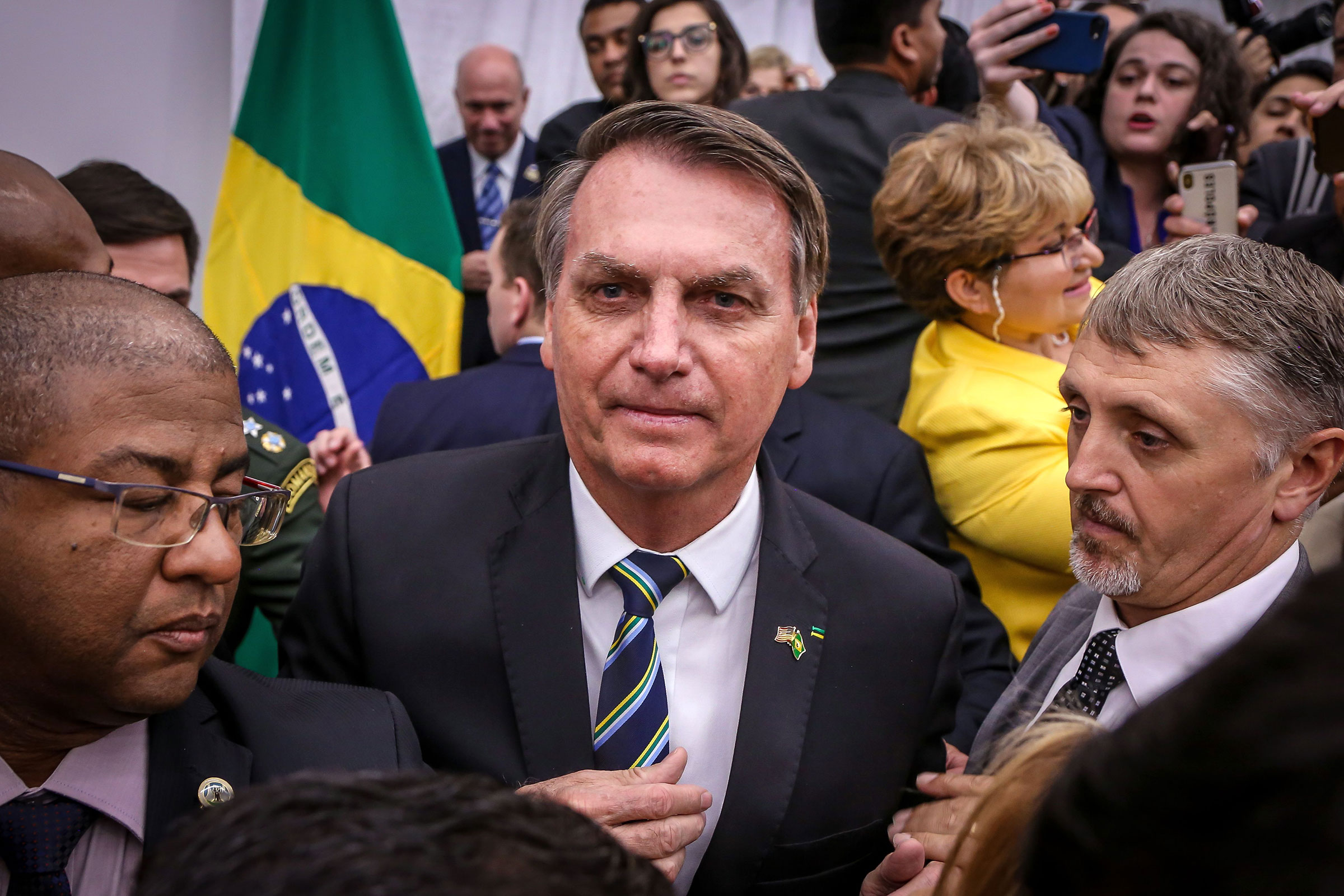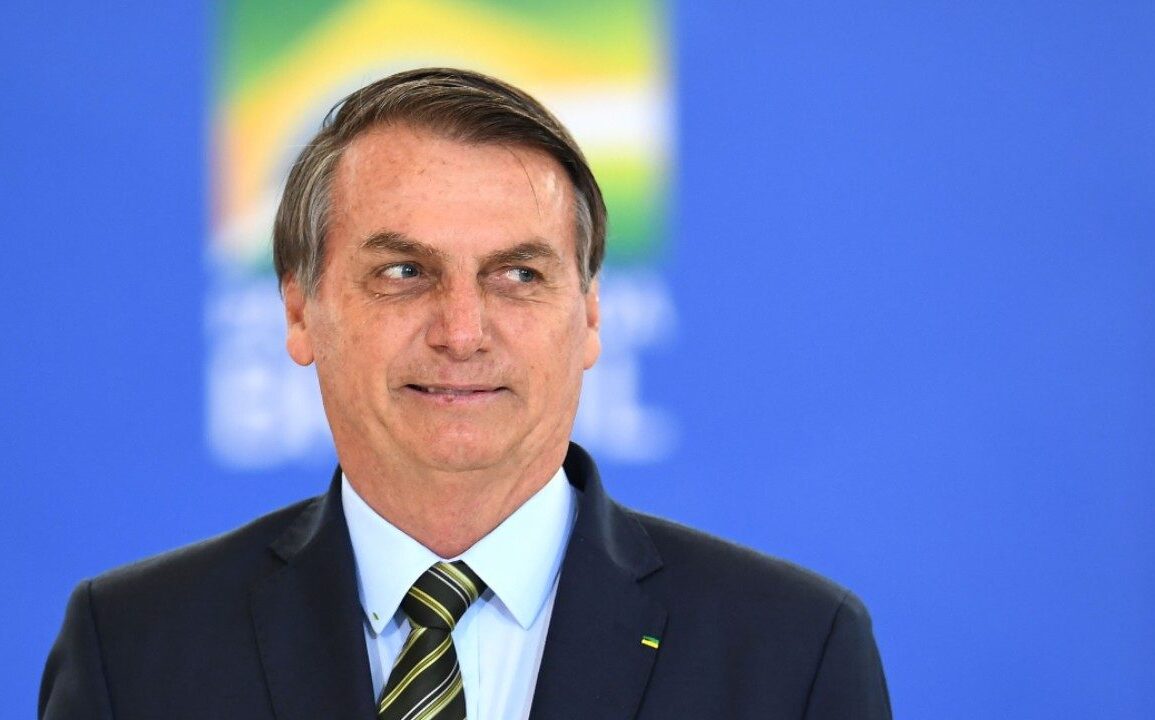The participants of the call made by the president of Brazil himself demanded the dismissal of the magistrates and even the military intervention by the president.
In front of thousands of protesters who were waiting for him to celebrate Independence Day in Brasilia, the President of Brazil, Jair Bolsonaro, made a controversial speech directly threatening the Supreme Court of Justice of his country.
Although the demonstration was called to defend freedom. The president’s words bordered on the undemocratic by insinuating that he could intervene in the judiciary if he considered it necessary. This is how Bolsonaro pointed out that “we cannot accept more political prisons in our Brazil. Either the head of that power frames his own or that power may suffer what we do not want,” the president said before his followers, without specifying exactly the alleged retaliation.
“We do not want to fight with any power, but we cannot admit that a person disturbs our democracy and puts our freedom at risk,” he added in a veiled reference to magistrate Alexandre de Moraes, with whom he has fallen out in a serious institutional conflict.

Bolsonaro’s threats respond to an investigation opened by the Supreme Court against him into the dissemination of false news and threats to democracy that has already led many far-right activists to jail.
The participants of the massive demonstration, called by Bolsonaro himself, held banners calling for, among other issues, the removal of the Supreme Court justices and even military intervention. In addition to Brasilia, the Brazilian president plans to travel to Sao Paulo this afternoon, where another of the most massive protests is expected.
The protests on Tuesday come amid growing political and social tensions in Brazil, now exacerbated by the mistrust sown by Bolsonaro in the electronic voting system that Brazil adopted in 1996, which since then has not been the subject of a single complaint. of fraud, but that according to the ultra-rightist president encourages cheating. They also coincide with the steep fall in the approval of the president, which today reaches a scant 25% of Brazilians, accentuated by the economic and health crisis that is hitting the country.





